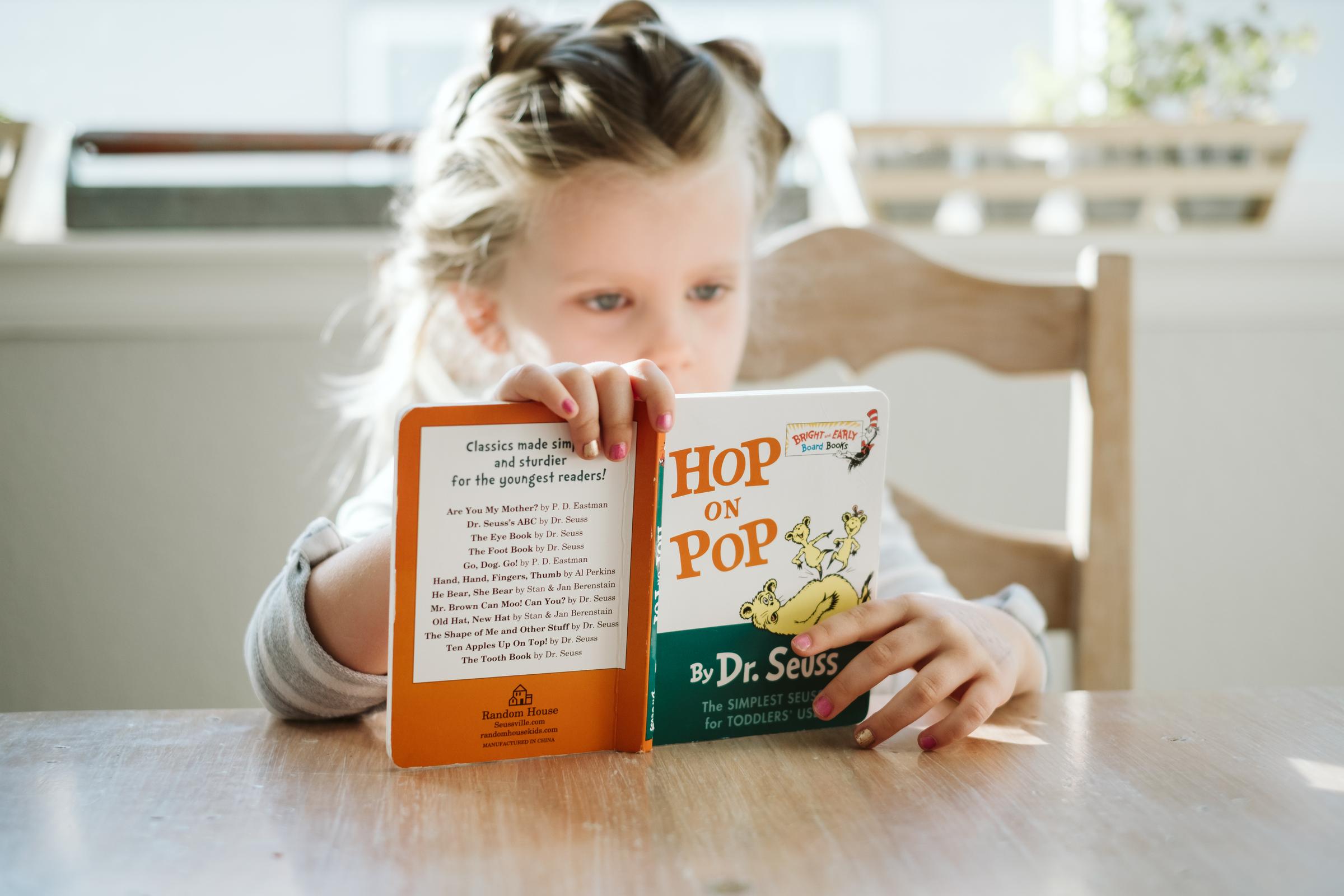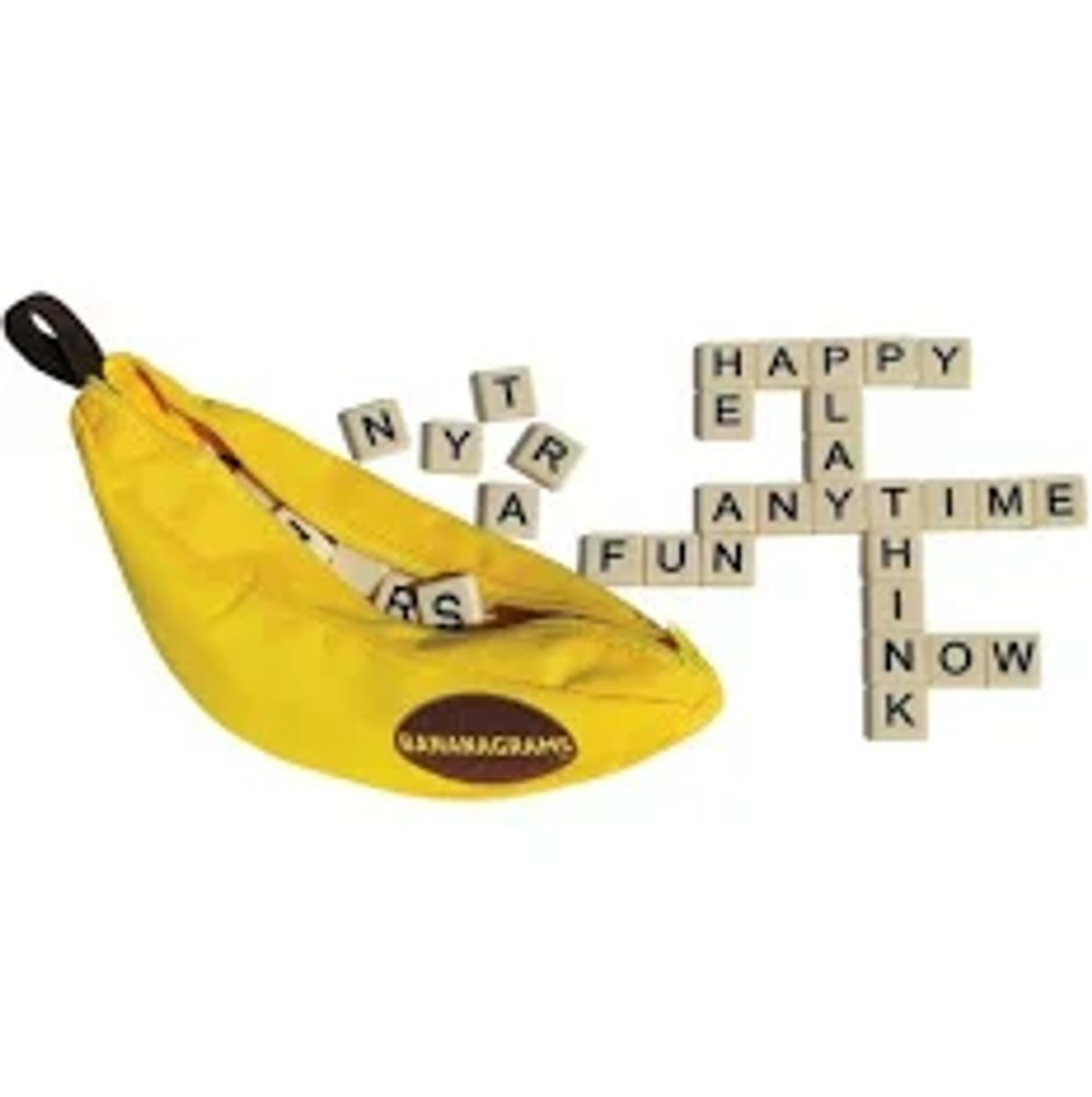Vocabulary
As we continue to nurture our students’ growth at St Martha’s, I want to emphasize the importance of developing a strong vocabulary. Vocabulary refers to the words we must know and understand to communicate effectively. It is the knowledge of words and word meanings.
The Importance of Vocabulary Development
- Improved Communication: A wide vocabulary helps children articulate their thoughts clearly and understand others better.
- Enhanced Reading Comprehension: Understanding more words allows students to grasp the meaning of texts more fully, making reading a more enjoyable and enriching experience.
- Academic Success: Strong vocabulary skills are linked to better performance in all subjects, as students can understand instructions and express their knowledge effectively.
- Confidence and Creativity: Knowing more words empowers children to express their ideas and emotions more vividly, boosting their self esteem and creativity.
Strategies to Develop Vocabulary at Home
Here are some simple and effective ways you can help your child expand their vocabulary:
- Read Together: Spend time reading with your child every day. Choose a variety of books, including fiction, non-fiction and poetry. Discuss new words/vocabulary encountered in the text.
- Word Games: Play word games like Scrabble, Boggle or word searches. These activities make learning new words fun and engaging.
- Engage in Conversations: Encourage your child to express their thoughts and ideas during conversations. Ask open-ended questions that prompt them to think and articulate their responses.
- Label Household Items: Place labels on common household items with their names. This visual reinforcement can help younger children associate words with objects.
- Daily Word Challenge: Introduce a “Word of the Day” and challenge your child to use it in a sentence. This can become a fun family activity at the dinner table.
- Use Technology Wisely: Utilise educational apps and online resources that focus on vocabulary building. Many apps offer interactive and entertaining ways to learn new words.
- Encourage Writing: Motivate your child to write stories, letters or journal entries. Writing is a great way for children to practise using new words in context.
Chelsea McKeown
(Instructional Specialist)








